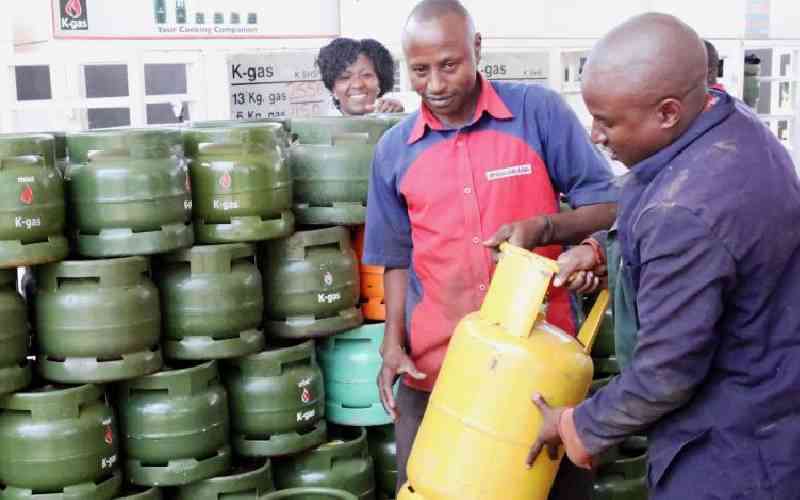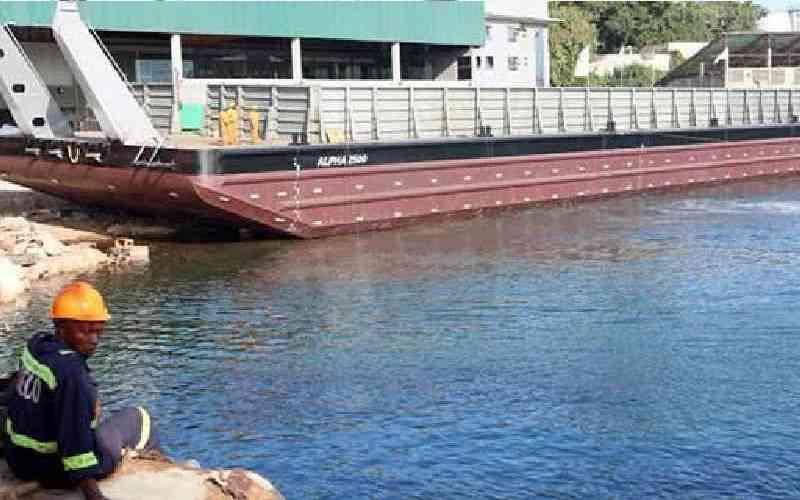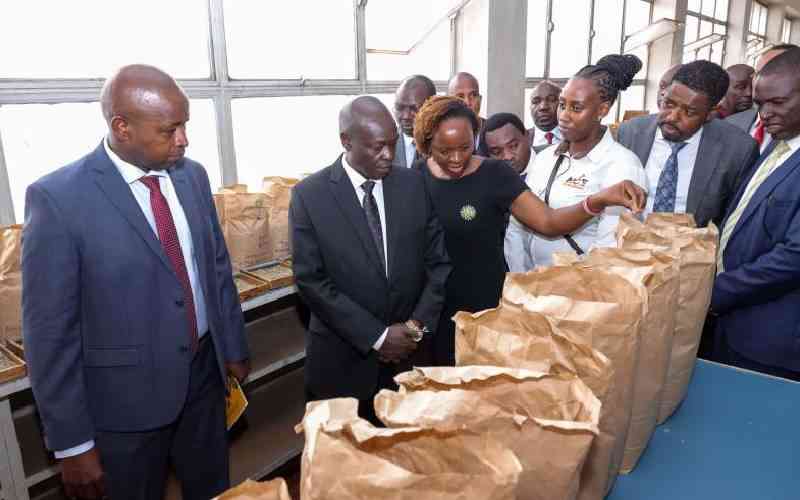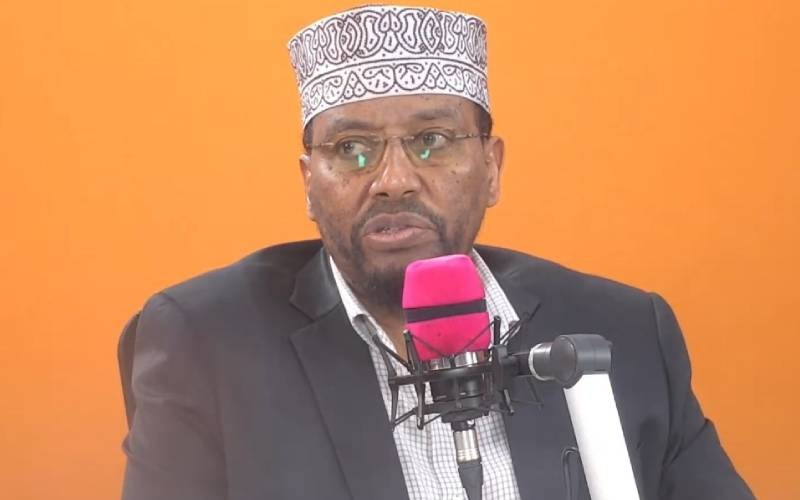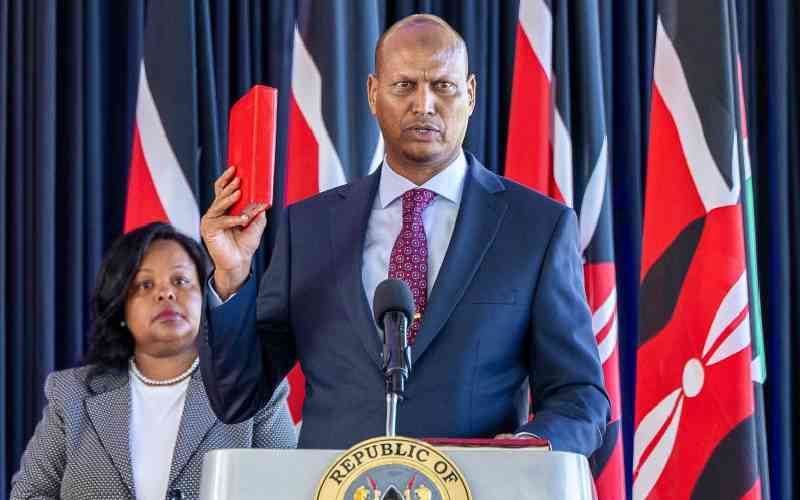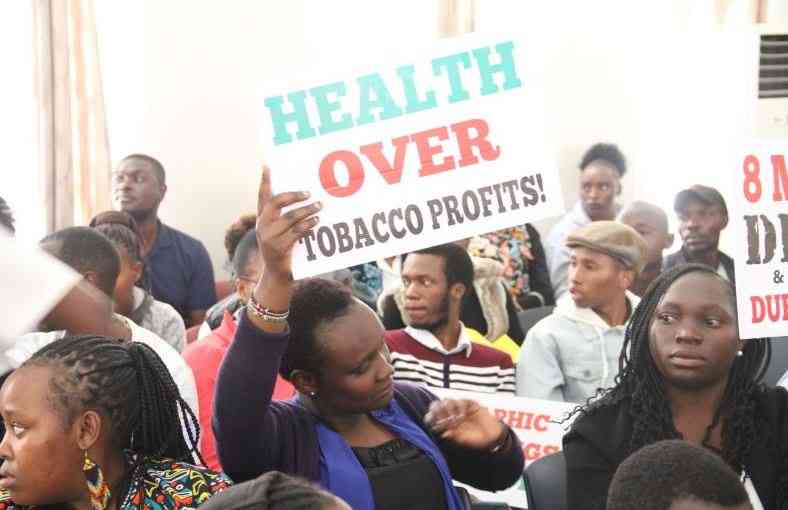
British American Tobacco (BAT) Kenya has raised concerns over illicit cigarettes in the market, terming it an economic setback that now threatens jobs.
BAT Kenya Managing Director Crispin Achola, while referencing a new study that shows one in three cigarettes sold in the market are illicit, said the alarming rise of this illegal trade puts the government at a disadvantage by denying them revenue.
The study has been conducted by Kantar, a global data and analytics firm. “This alarming rise in illegal cigarette trade is not only depriving the Kenyan government of vital revenue needed for the country’s economic stability, but is also undermining the security and livelihoods of thousands of Kenyans in our value chain,” said Mr Achola.
The findings also show growth in the number of illicit cigarettes sold, with the market in Kenya moving from 27 per cent just a year ago to the current unprecedented 37 per cent.
“In response to this recent data and dire situation, BAT Kenya is calling for urgent action by the authorities to tackle and mitigate the profound implications of illicit trade for both Kenya and the broader region,” he said.
BAT argues this illicit trade costs the exchequer about Sh9 billion annually in revenue from taxes and levies.
This, it notes, is from the analysis of the new study. It adds that this is a sum that is crucial for the country’s much-needed development programmes and public services.
Most of the illicit cigarettes entering the Kenyan market, the firm adds in a statement, are smuggled in from neighbouring countries, highlighting the cross-border nature of this illegal trade.
“The illicit trade in cigarettes is not only an economic issue – it is a matter of national security and public interest,” said Mr Achola.
He said every illicit cigarette sold represents an increase in organised crime and a threat to legitimate local businesses and jobs. He said while BAT Kenya commends the efforts of the State and its regional peers, more action is needed.


